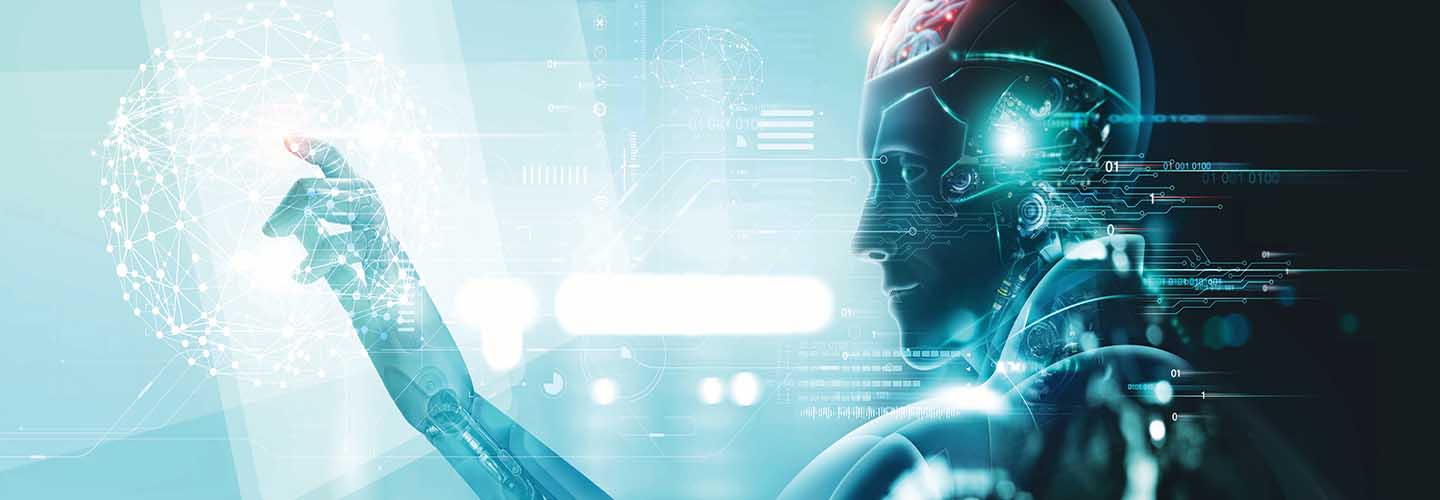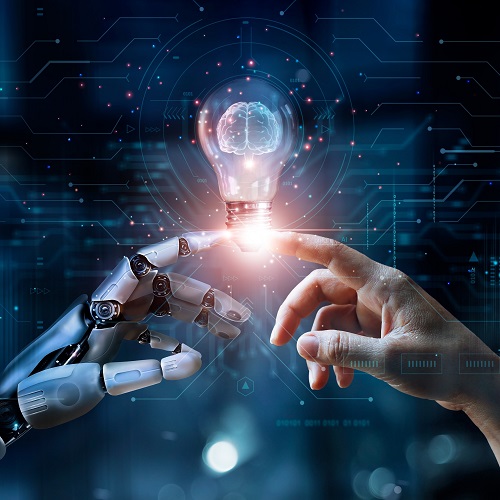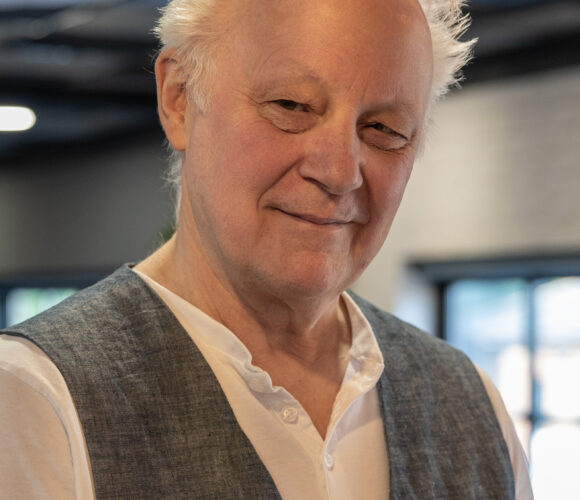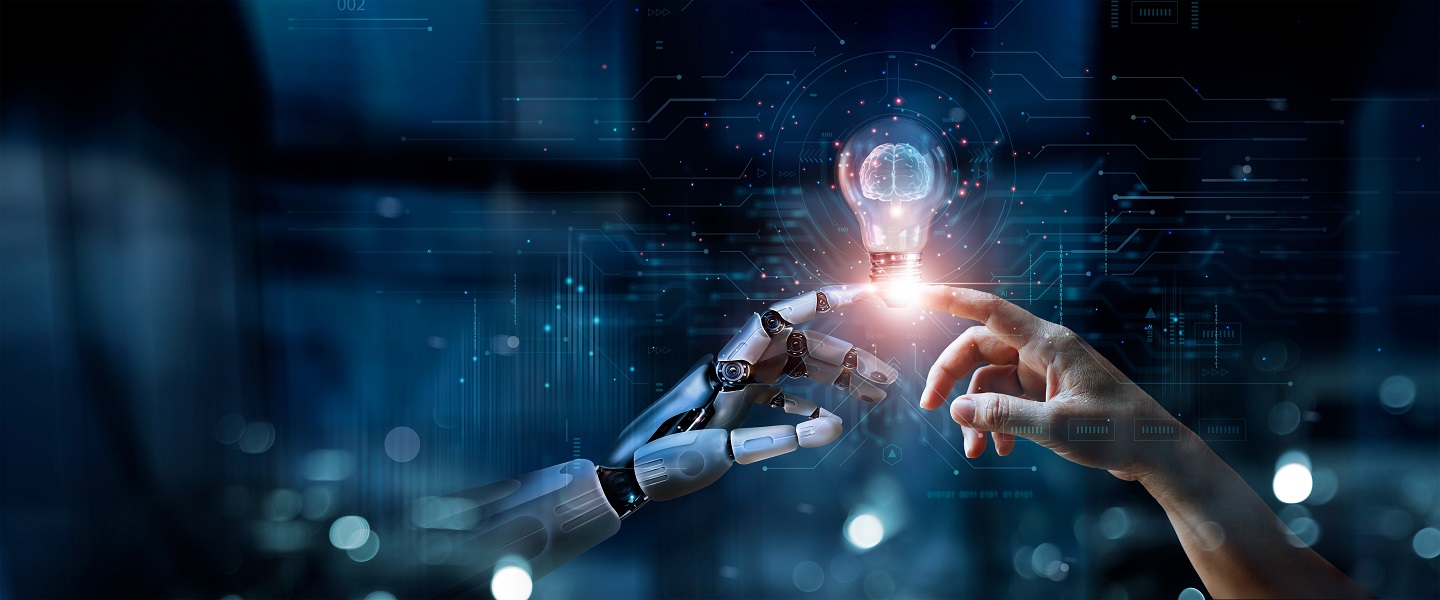Summary
- We have become a society of consumers rather than inventors, with the elite few or super rich in control, increasing the gap between the rich and the poor and fuelling the ‘haves’ and ‘haves not’
- AI will take over jobs, back in 2022 Forbes claimed robots may replace about 800 million jobs globally in the future, making about 30% of all occupations irrelevant. Is there a risk to human existence as a result of this?
- It will happen in the next 20yrs, and we need to be ready for it. Legislation is going to be needed to control both it and the huge organisations driving it. Without this regulation there will be a huge risk to society at large
The Impact of AI
With scaremongering headlines nationwide and across the globe, what is the reality of the impact of AI and how soon will it impact us? Is Geoffrey Hinton correct in his claims that it will outperform humans and that there is a credible risk to human life? Following the pivotal launch of Chat GPT and the public reaction, what is coming next and how soon will it impact our daily lives.
There are two approaches to the advancement in technology, we can either embrace it with open arms, or be more sceptical, cautious about what lies ahead. The optimistic approach would be that AI should be applauded as it could solve many problems in the world. Imagine having medical or educational support at the click of a button. Surgery that would usually leave you in hospital for weeks, now enabling you to walk out of hospital the same day. A headset that places you anywhere around the world at any time, without the chaos of airport travel, and the sensory experience included as part of the package.
But what is the impact on us as human beings? If you look back at the development of man over time, we have gone from discovering fire; hunting; research; reading and writing to now formulating AI that can write for us. There is no longer the need for those earlier discoveries as we have everything at our fingertips, so have we finally reached the peak of our intelligence? Geoffrey Hinton implies the very same thing, that as the technology gets better, surely it exceeds our own capacity as it outperforms us.

We have become a society of consumers rather than inventors, with the elite few or super rich in control, increasing the gap between the rich and the poor and fuelling the ‘haves’ and ‘haves not’. All of this becoming increasingly more noticeable in the current cost of living crisis. Greed for profits has overcome any desire to provide better services and look after the world and its people.
We are effectively stripping back human innovation, letting the few control our destiny. As a society all we do is continue to consume the next product offering, with no care for how it was produced or for the longer-term implications. A report by Oxfam claims the richest 1% bagged nearly two-thirds of all new wealth over the past two years, nearly twice as much money as the bottom 99% of the world’s population. This will only continue as AI develops and more facilities become available.
The net result is a society that will eventually implode, and the near state of civil unrest in the US is testament to this. Look at the number of billionaires, and the tech giants like Microsoft and Amazon all controlling the economy across the world. In Ukraine the fighters on the front line are already shooting down drones and fighting technology not people.
The big question – can AI replace human beings? Eventually possibly, but the stark difference is no matter how much you program a robot, they can’t understand people’s rights. They won’t understand morals or self-preservation. No amount of programming can create a conscious mind or the ability to reason with one another.
In theory we should be partying at the opportunities it could provide and the end of the old manual world. In a Utopian world, we should be looking at how the advancements in technology can improve all our lives and make life better all round, but there is little hope of this being the focus. Now, if this was being driven by non-profit-making organisations, it may be different.
DNA has done its job over the years. We have come through the bronze age, the industrial revolution, and we are now heading for the age of AI. Sohow realistic is it that we will be seeing walking and talking AI as realistic as humans – not long, perhaps the next 20yrs or so. Humans so far have been a vessel for DNA to thrive, given it a purpose, incubating improvements through its replication. Effectively DNA has now done its job and created human-like robots like in the sci-fi films. But who is in control of this and what will the technology be used for.
AI will take over jobs, back in 2022 Forbes claimed robots may replace about 800 million jobs globally in the future, making about 30% of all occupations irrelevant. Is there a risk to human existence as a result of this? Not directly as AI doesn’t want to kill people, it can’t make decisions like that, but what will happen is where it is used without appropriate human intervention. Imagine a vital system for say food or water distribution and there isn’t enough, AI will simply miss off areas, as it doesn’t have the capacity to differentiate like humans can.
Concerns that this threat is imminent are over exaggerated, there is still a long way to go. However it will happen in the next 20yrs, and we need to be ready for it. Legislation is going to be needed to control both it and the huge organisations driving it. Without this regulation there will be a huge risk to society at large. Take the unprecedented demand of Chat GPT illustrates the desire of people to use it and test it out. The question will be however, who is directing it and who is controlling it. Capitalism has a lot to answer for, and has created the society we are now living in. How long society remains the same once AI is fully launched though remains a significant challenge.
The Future
Our future needs a step change in our way of thinking. We need to stop looking for investment that results in the IP and profit going overseas
Interested in using AI in your next software project? Why not get in touch with Claritas Solutions and have that discussion;
Email- sales@claritas-solutions.co.uk
Phone- 0330 333 88 33
Or complete the online contact form





